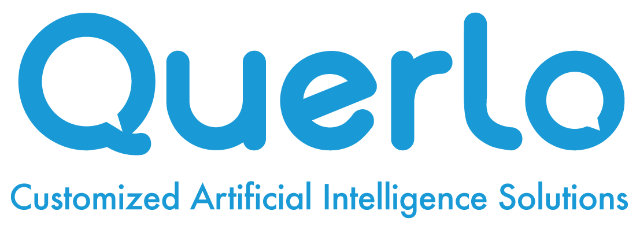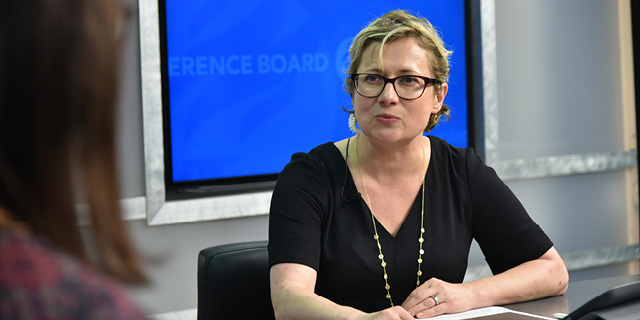Recently, Francesco Rulli, Global CEO of Querlo, spoke with Stela Lupushor, Senior HR Executive and Educator at NYU, about the role of a Chief Cognitive Officer in the HR space, as well as in other parts of an enterprise.
As an HR Executive, Stela’s mission is to humanize the workplace. She works with the conference board and leads several consoles that allow her to shape the mindsets and start conversations with Fortune 500 leaders. Consulting at the intersection of technology, analytics, and human centered design, she hopes to improve the employee experience and help the next generation of leaders embrace technology while bringing human centricity to the environment.
The evolution of technology has led to the creation of many new jobs, such as a Chief Cognitive Officer. Stela describes how all of these c-level positions that are emerging are helping organizations interact and embrace this new digitization of work. With increased automation and businesses becoming more comfortable embedding AI in the workplace, there’s a need for a new type of leader who is focused on cognitive intelligence. Cognitive officers need to be the voice of reason through defining how humans interact with machines. They need to understand technology while also being well versed in social science and some of the more human aspects of the work environment. Additionally, they need to be aware of the possible downsides of AI and technology. Another part of the chief cognitive officer’s job is to educate and raise awareness about the complexity of AI use in organizations and its impact on individuals and organizations. They need to bring together different departments, such as IT, legal, and HR, to create a common vision of what success looks like and how technology can be embraced.




